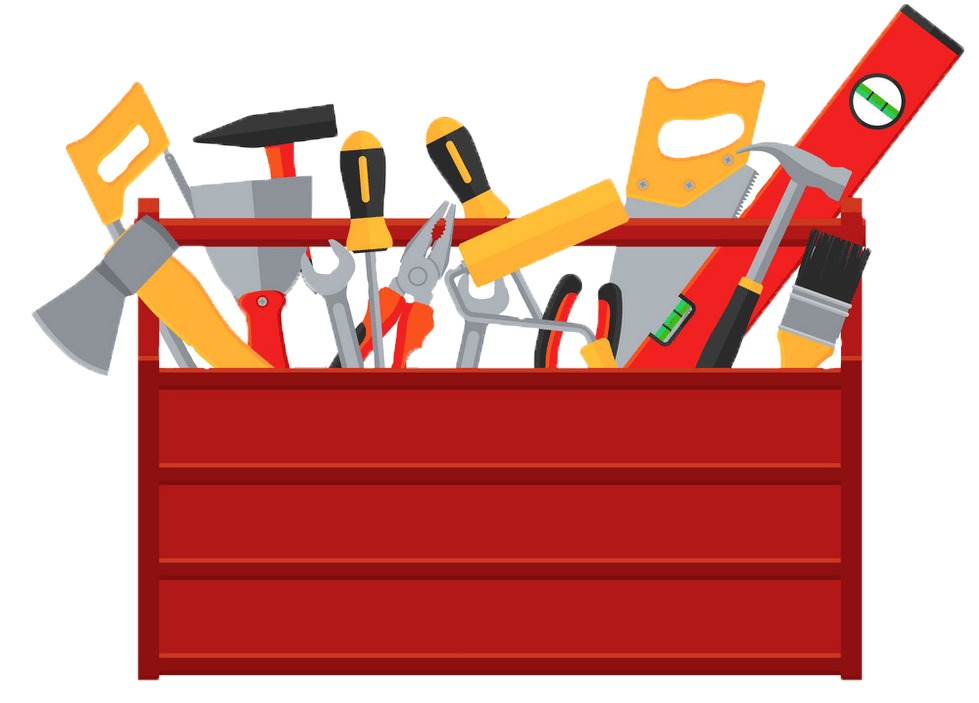[et_pb_section fb_built=”1″ admin_label=”TEAM BLOG NAVIGATION – COPY ME” _builder_version=”4.9.1″ _module_preset=”default” background_color=”#ffffff” custom_padding=”2px||0px|||” da_disable_devices=”off|off|off” locked=”off” da_is_popup=”off” da_exit_intent=”off” da_has_close=”on” da_alt_close=”off” da_dark_close=”off” da_not_modal=”on” da_is_singular=”off” da_with_loader=”off” da_has_shadow=”on”][et_pb_row column_structure=”1_3,1_3,1_3″ _builder_version=”4.9.1″ _module_preset=”default” width=”95%” max_width=”638px” custom_padding=”||4px|||”][et_pb_column type=”1_3″ _builder_version=”4.7.7″ _module_preset=”default”][et_pb_text admin_label=”Go to Previous” _builder_version=”4.9.1″ _module_preset=”default”]
[/et_pb_text][/et_pb_column][et_pb_column type=”1_3″ _builder_version=”4.7.7″ _module_preset=”default”][et_pb_text admin_label=”Go to Archive” _builder_version=”4.9.1″ _module_preset=”default”]
[/et_pb_text][/et_pb_column][et_pb_column type=”1_3″ _builder_version=”4.7.7″ _module_preset=”default”][et_pb_text disabled_on=”off|off|off” admin_label=”Go to Next” _builder_version=”4.9.1″ _module_preset=”default”]
[/et_pb_text][/et_pb_column][/et_pb_row][/et_pb_section][et_pb_section fb_built=”1″ _builder_version=”4.9.1″ background_color=”rgba(234,228,211,0)” custom_padding=”0px||||false|false” da_disable_devices=”off|off|off” da_is_popup=”off” da_exit_intent=”off” da_has_close=”on” da_alt_close=”off” da_dark_close=”off” da_not_modal=”on” da_is_singular=”off” da_with_loader=”off” da_has_shadow=”on”][et_pb_row column_structure=”3_4,1_4″ _builder_version=”3.25″ background_color=”rgba(10,10,10,0)”][et_pb_column type=”3_4″ _builder_version=”3.25″ custom_padding=”|||” custom_padding__hover=”|||”][et_pb_post_title date=”off” categories=”off” comments=”off” featured_image=”off” _builder_version=”4.4.8″][/et_pb_post_title][et_pb_image src=”https://bvs.madebytribe.com/wp-content/uploads/2020/05/Toolbox-1.png” _builder_version=”4.4.2″ width=”100%” max_width=”800px” module_alignment=”left”][/et_pb_image][et_pb_text admin_label=”BLOG CONTENT” _builder_version=”4.9.2″ hover_enabled=”0″ sticky_enabled=”0″]
I realize the word “toolbox” has being thrown around a lot, both in our content and in many other acting blogs so first just let me clarify: the actor’s toolbox is an internal collection of techniques, skills, and information that can be drawn from whenever you need them (just like, you guessed it, a toolbox).
Some acting teachers will refer to something called the emotional toolkit. This describes a method of invoking emotion within yourself for the purpose of playing a character truthfully by recalling certain memories that may have made you feel the same way in your own life. Many actors swear by this method but it can also be dangerous, as actors may find themselves bringing up traumatic experiences for the sake of playing a role, which is NOT worth it if doing so will continue to have a lasting effect on your psyche outside of the rehearsal room.
Self-care is vital when it comes to accessing your emotional toolkit and if you cannot do this without emotionally damaging yourself, find a different way!!
You. Have. Skills.
Have you ever noticed that little “special skills” section on the bottom of theater résumés? Some actors think that they don’t have enough skills to fill this section and will make the mistake to omit it but you really never know when you may need to draw upon a seemingly random skill. I was fortunate to have a theater professor in college who took one look at my special skills section and said, “We’re going to double this” before proceeding to grill me with questions of, “Can you…?”. Sure enough, we turned my measly two page-width lines of skills into four.
Adding to your Actor’s Toolbox
Are you a licensed driver? Write it down. Play any instruments? Can you sing? Ride a bike? Speak or read another language? Dance experience? Beat-boxing? Can you use power tools? What accents do you feel confident about? Write them DOWN, my friends. This is all part of YOUR toolbox. An Actor’s Toolbox.
Of course, I’m speaking from a theatrical perspective but the same can be said for a voice over demo. You know better than anyone what your unique abilities are, and I would be willing to bet if you took the time to relax and write down that list it would be more extensive than you think. What voices do you gravitate to when you are goofing around with friends? When you are trying to make your family laugh? When you are talking to your pets?
We recently had Maurice LaMarche as a special guest in Steve’s Teaching Series (that’s right, the voice of Brain from “Pinky and the Brain”, Toucan Sam, Morbo from Futurama, and countless others). Maurice mentioned that he has a long list of voice recordings on his phone of random voices he has thought of throughout his day. He decided to save and organize them for inspiration for future characters. You can do that too!
Start recording yourself whenever those voices pop into your head, or after you catch yourself making a voice for your dog. Title the recordings “Good voice for ___” (or something along those lines that will be easy to find later). This is a great way to build your repertoire and collect some voices that may be useful for your demo! It’s a great addition to your actor’s toolbox.
Be Ready For Anything
A professor once told me that an actor should be able to comfortably perform ten different monologues at any time. Here’s the thing, I would be lying if I said I could do that. It’s overwhelming, right? I will say that one equity actor that I performed with told me that she usually has between twelve and fourteen monologues in her back pocket! That’s amazing but is certainly not the “norm”. Monologues that really resonate with you are a tricky thing to find, but it is a fantastic feeling as a theater actor to be able to say, “Yes, I can show you something else”. This is where the unpaid, self-starting practice really comes in.
Even if you don’t have an audition coming up, monologues are a great way to keep your skills fresh and build the monologue aspect of your actor’s toolbox. Show them to your friends! Critique each other. As long as you’re constantly working on your craft in some way, you are succeeding (and you don’t have to push yourself to memorize ten monologues today. Take it slow. Find the ones that speak to you, and eventually see that you have the four basics: both a dramatic and comedic contemporary and classical monologue).
For more voice-specific practice, don’t even bother memorizing. Practice accents during your free time (a great resource for this is the International Dialects of English Archive)! Look at pictures of cartoons that you’ve never heard speak (or at a comic book) and come up with a voice on the fly! Happy with it? Record it! You’ve just worked on two skills simultaneously: cold reading with a new character voice AND an increased repertoire of voices to go back and use.
Always Be Learning
When it comes to taking classes and learning techniques, we’re never done learning. Nobody is a perfect actor. There are those who have more information or practice more frequently than others certainly, but there is always room to improve. Take as many classes as you can comfortably afford and fit into your schedule. That one class that you loved so much is not the end-all-be-all method for acting. You don’t have to choose just one!
Your Actor’s Toolbox
This is really where the actor’s toolbox reveals itself. The ability to draw from the various classes, methods, and styles that an actor has been exposed to is so incredibly valuable. One dramatic character may require aspects of multiple techniques and another show may be of a completely different style such as clowning or Commedia dell’arte (or original animation vs. video games vs. audiobooks, etc.). Some shows may ask you to improvise half of your lines, some may restrict you to speaking the lines exactly as they are written. Never stop expanding your Actor’s Toolbox and know that there is no one right way to approach an art form.
Love yourself and however you approach your art. Your toolbox adds to the uniqueness of YOU.
-Brandon
[/et_pb_text][/et_pb_column][et_pb_column type=”1_4″ _builder_version=”3.25″ custom_padding=”|||” custom_padding__hover=”|||”][et_pb_sidebar area=”et_pb_widget_area_1″ _builder_version=”4.4.2″ background_color=”rgba(233,228,213,0)” text_orientation=”center” locked=”off”][/et_pb_sidebar][/et_pb_column][/et_pb_row][/et_pb_section]


this was a great read Brandon! thank you. I am always looking for ways to enlarge my toolbox, then fill it with new goodies!
My pleasure! I’m glad you enjoyed it. We’re never done learning!
These are all amazing tips, especially for someone like me
Woop woop! So happy you had some takeaways, Saffron 🙂